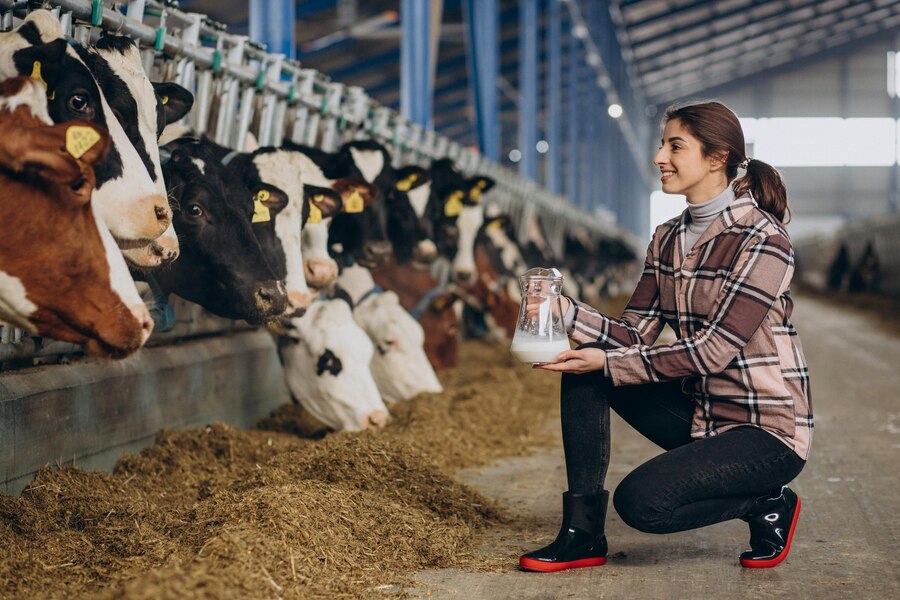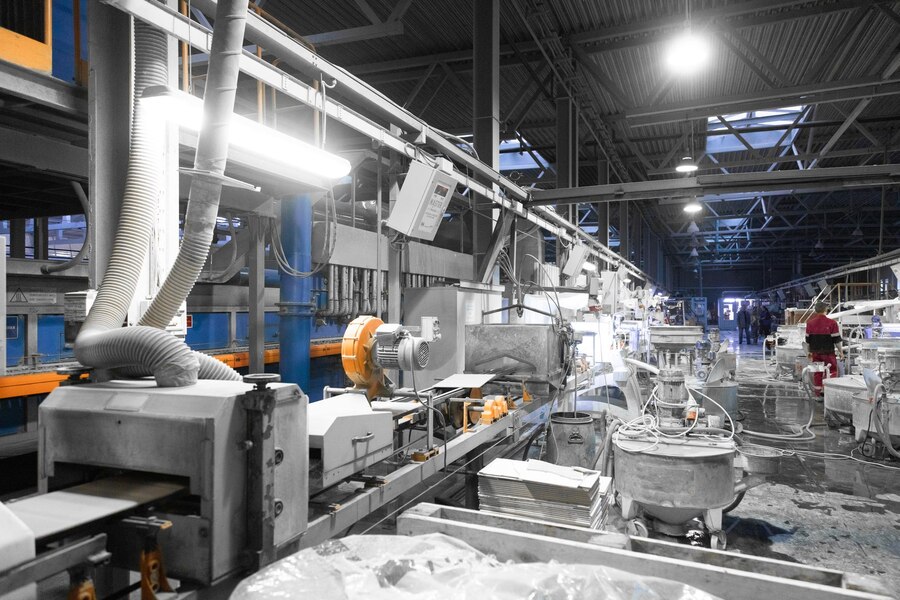Recycling used cooking oil reduces waste and prevents it from clogging drains or ending up in landfills, thus minimizing environmental pollution.
Used cooking oil can be converted into biodiesel, a clean-burning alternative to traditional fossil fuels, reducing greenhouse gas emissions and dependence on non-renewable resources.
By repurposing used cooking oil for biodiesel production, businesses can lower their fuel costs and potentially generate revenue from selling excess biodiesel or participating in recycling programs.
Biodiesel produced from used cooking oil emits fewer harmful pollutants such as sulfur dioxide and particulate matter compared to conventional diesel, leading to cleaner air and healthier communities.
Recycling used cooking oil promotes local businesses involved in biodiesel production, creating jobs and stimulating economic growth in the community.
Proper disposal of used cooking oil in compliance with environmental regulations not only protects the environment but also helps businesses avoid potential fines or penalties associated with improper waste management.

Used cooking oil is a valuable feedstock for producing biodiesel, a renewable and environmentally friendly alternative to conventional diesel fuel. This industry transforms waste oil into energy, reducing reliance on fossil fuels and lowering greenhouse gas emissions.
In the animal feed industry, used cooking oil can be processed and added to livestock feed. It provides a cost-effective energy source and essential nutrients, contributing to the growth and health of animals.


Used cooking oil is utilized in the production of soaps and detergents. Its fatty acids are a key ingredient in creating effective cleaning products, making it a sustainable and economical choice for manufacturers.
The industrial sector uses processed used cooking oil as a base for manufacturing lubricants and greases. These products are used in various machinery and equipment, providing lubrication and reducing wear and tear.


In the cosmetics industry, used cooking oil can be refined and used in the formulation of skincare products. Its natural properties help create moisturizing and nourishing products, such as lotions and creams.
Why choose us for used cooking oil?
We are committed to sustainability, ensuring that our processes for collecting and recycling used cooking oil minimize environmental impact and promote eco-friendly practices.
Our used cooking oil is thoroughly filtered and processed to meet stringent quality standards, providing a reliable and consistent feedstock for various industries.
With years of experience in the renewable energy and recycling sectors, our team possesses the knowledge and expertise to offer the best solutions for your used cooking oil needs.
From collection to processing and delivery, we provide end-to-end services that are efficient and hassle-free, ensuring your used cooking oil is managed responsibly and effectively.
Know more about used cooking oil
Used cooking oil (UCO) is the waste oil that remains after cooking food. It includes oils and fats used in frying, baking, and other cooking processes.
Used cooking oil can be collected and processed into biodiesel, a renewable fuel alternative. It can also be used in animal feed, as a raw material for soap and detergent production, and in various industrial applications.
Recycling used cooking oil helps reduce waste, prevent sewer blockages, and minimize environmental pollution. It also supports the production of renewable energy and reduces reliance on fossil fuels.
Biodiesel made from used cooking oil reduces greenhouse gas emissions, lowers particulate matter, and decreases dependence on non-renewable resources. It is also biodegradable and non-toxic.
No, disposing of used cooking oil down the drain can cause blockages in plumbing and sewage systems. It should be collected and recycled properly to prevent environmental damage and infrastructure issues.
Store used cooking oil in a clean, dry, and sealed container. Keep it in a cool, dark place to prevent spoilage and contamination. Ensure the container is clearly labeled and kept away from pets and children.
Many local recycling centers, waste management facilities, and biodiesel producers accept used cooking oil. Some municipalities and businesses also offer collection services for households and commercial kitchens.
Most types of cooking oils, including vegetable oil, canola oil, olive oil, and animal fats, can be recycled. Ensure the oil is free from contaminants and excessive food particles before recycling.
Used cooking oil is filtered to remove impurities and then chemically treated through a process called transesterification. This process converts the oil into fatty acid methyl esters (biodiesel) and glycerol, a valuable byproduct.
Glycerol, a byproduct of biodiesel production, can be used in various industries, including cosmetics, pharmaceuticals, food processing, and as an ingredient in soaps and detergents.